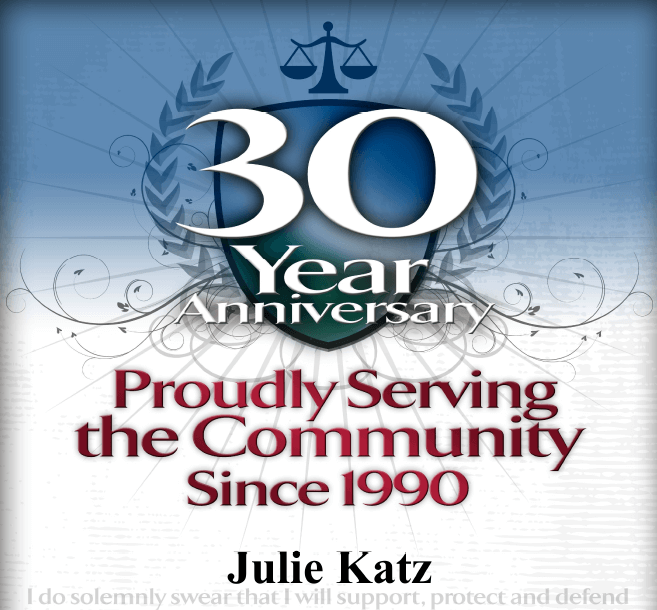Trade Secret & Copyright

Trade Secret & Copyright: Selecting the Right Option to Meet Your Needs
Companies and entrepreneurs rely on Julie A. Katz for their global IP protection and enforcement needs. With more than 20 years of global and domestic IP portfolio management and litigation experience, Julie focuses exclusively on identifying, defining and maximizing her clients’ intellectual property rights.
Trade secrets
For those clients who derive an economic or marketplace advantage from a formula, computer program, process, method, device, technique, pricing information, customer lists or other non-public information, initiating a trade secret program may be a good option. Trade secret programs are not of value to products that can be reverse engineered or where the invention is likely to be independently developed by another individual or company. In these two instances, patent protection would be a better option.
The advantage of using trade secrets is that they can potentially last forever and do not require formal prosecution costs or maintenance fees associated with patents. That is not to say that trade secret programs are less expensive that patent prosecution programs. Companies must have defined security measures built into their trade secret programs to ensure confidentiality – and these measures will need to be rigorously applied. For example, start-up craft beer companies often lease the brewing facilities of established beer companies to brew the limited quantities of their product. However, when they lease these facilities, the craft beer company operates the facilities with their own employees, uses their own brewing formula and runs the facility “after hours” to maintain confidentiality of their brewing formula and process.
Julie has assisted numerous companies to develop and implement programs to keep their trade secrets confidential. She regularly drafts non-disclosure agreements for clients that they can use with vendors, licensees and other entities to protect trade secrets. She conducts intellectual property audits so that a business is able to identify trade secrets and instill programs to protect their value.
Copyrights
Representative Experience:
- A toy company needed a strategy that would efficiently and cost-effectively enforce its trademarks and copyrights and prevent dilution of what was to become a famous mark. The challenge was to halt “knock offs” of an extensive line of plush toys that were wildly popular. Our creative solution enlisted the aid of US Customs agents in identifying counterfeits and parallel imports, but without compromising the our client’s consumer and authorized retailer relationships. The effectiveness of this Customs program contributed to the tremendous success of the client.
- What eventually became a national health club struggled during the early 1990s with a hodge-podge of fitness centers operating under multiple trade names. Ultimately, the client decided to consolidate its holdings under a single mark – and asked us to help its marketing team plan the roll-out. We assessed the risks of unification and selection of a single mark, evaluated the challenges the company could expect to encounter, and charted a course to reduce those risks. In the end, the client rolled out its new brand, becoming a name that is recognized both nationally and internationally.
- The creator and licensor of porcelain figurine characters needed a plan to ensure the company’s future IP rights. The challenge we confronted was to execute a national and international IP protection program without negating existing merchandise provisions among numerous licensees (and the litigation that might occur as a result). We drafted trademark and copyright license agreements providing protections, and established a policing system designed to maintain the strength of the mark and copyrights.
- Successfully defended a multinational video game company when it was sued for copyright infringement by an individual inventor over one of its popular games. We were able to get the case dismissed on summary judgment by proving that the video game in question was independently created.
